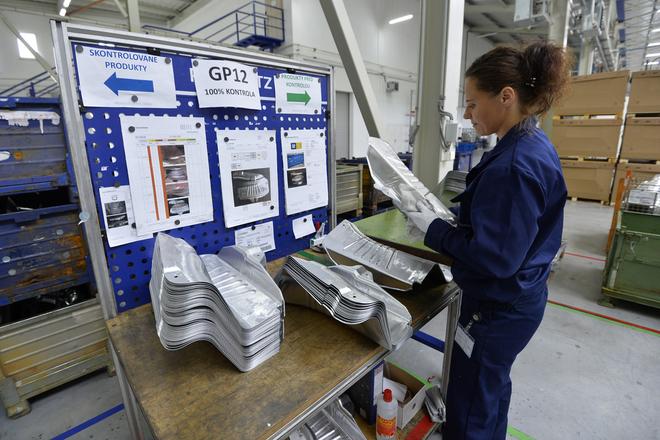The coronavirus crisis has also impacted the number of foreign workers in Slovakia.
 Explore Slovak labour market and human resource trends (for more details visit shop.spectator.sk) (source: Career Guide)
Explore Slovak labour market and human resource trends (for more details visit shop.spectator.sk) (source: Career Guide)
While in late February, there were 78,200 foreign nationals registered in the Slovak labour market. In late August, their number dropped to 73,300.
On the other hand, the number of foreigners working here increased by 68 compared with previous month, the SITA newswire reported, citing the data of the Central Office of Labour, Social Affairs and Family (ÚPSVaR).
Mostly Ukrainians and Serbians
The most numerous group of foreign workers comes from Ukraine. There were altogether 21,200 working in Slovakia in August, down by 153 compared with July.

They are followed by Serbians, whose number dropped by 435 in August to 11,800.
From EU nationals, the most foreign workers come from Romania (8,000), the Czech Republic (6,000) and Hungary (5,000).
Western Slovakia dominates
More than one-quarter of foreigners worked in Bratislava and its five districts by the end of August, totalling 20,700.
The Trnava district follows with 7,200 foreigners working on its territory, while the labour office in Malacky reported 3,300 foreign workers.
On the other hand, only 10 foreign workers were registered by the labour office in Medzilaborce (Prešov Region) in late August.



 Illustrative stock photo (source: TASR)
Illustrative stock photo (source: TASR)